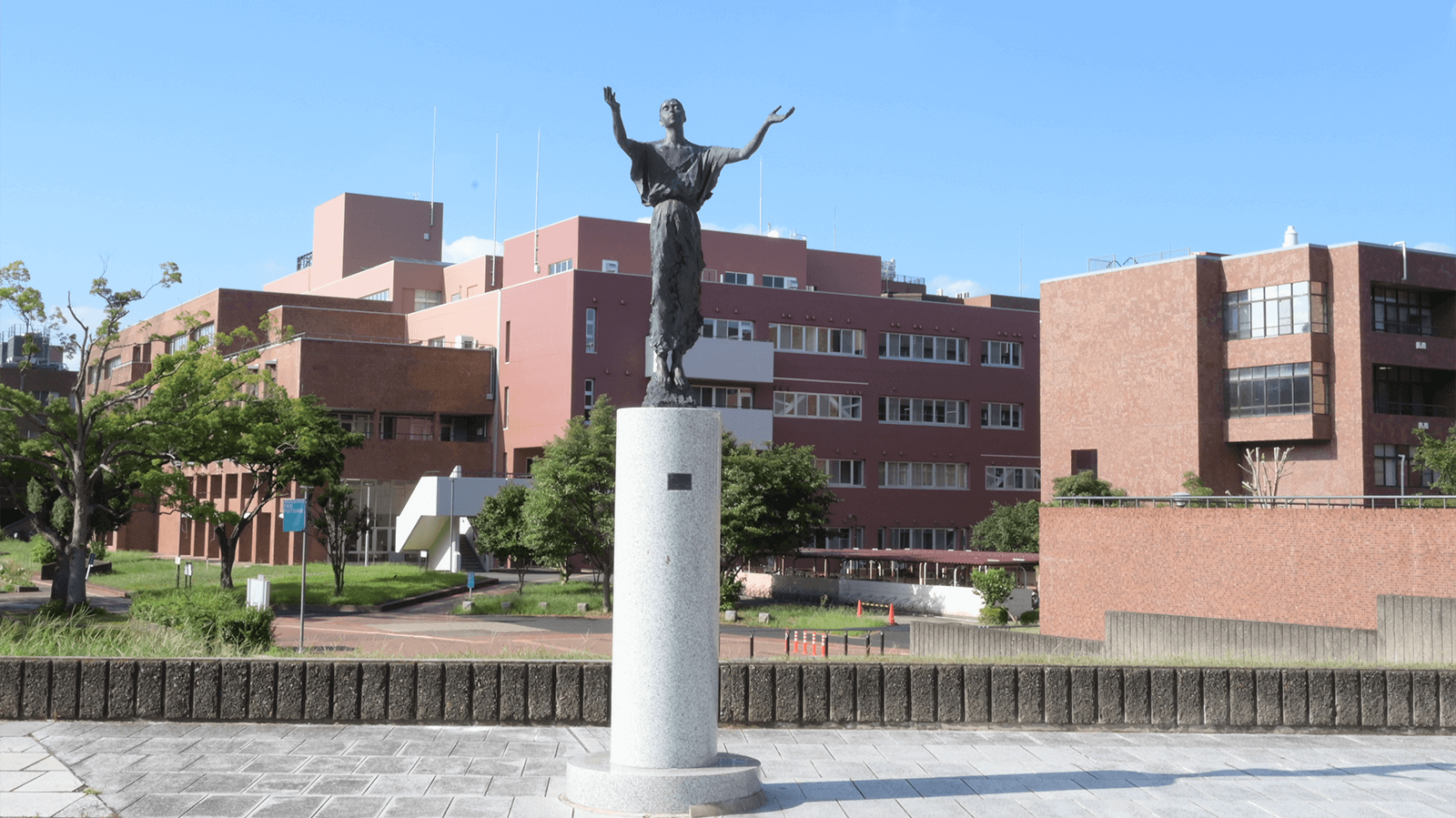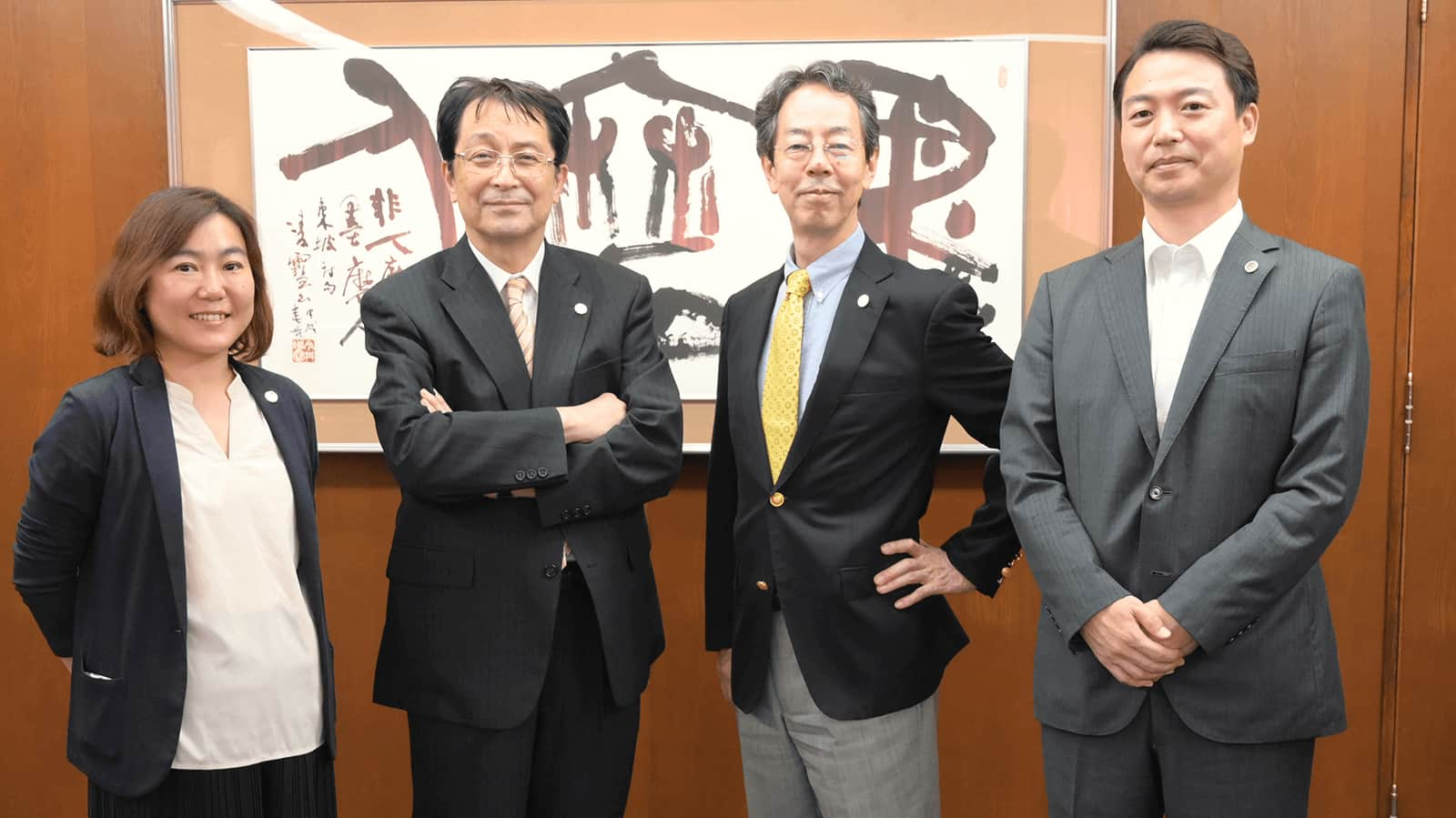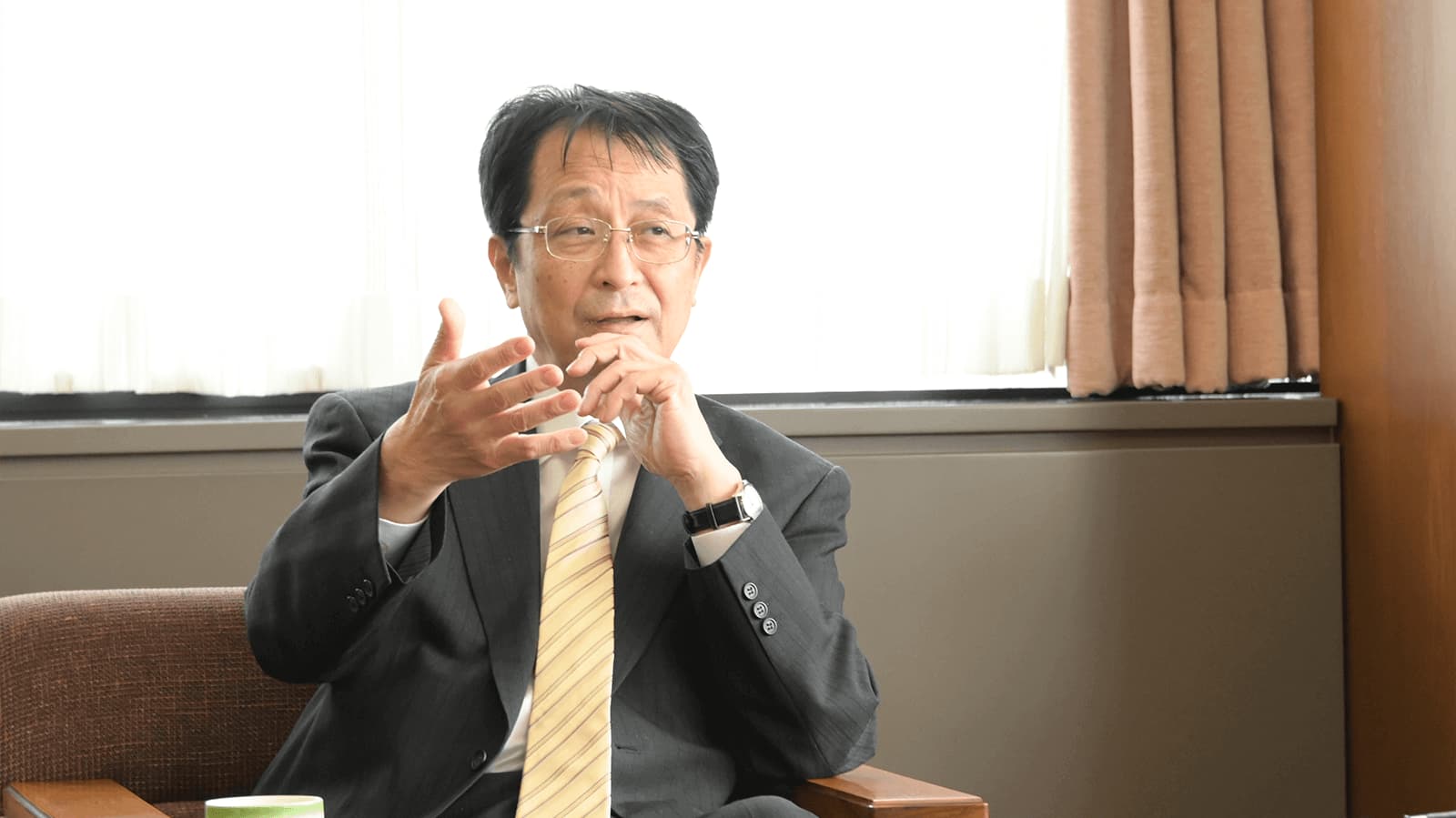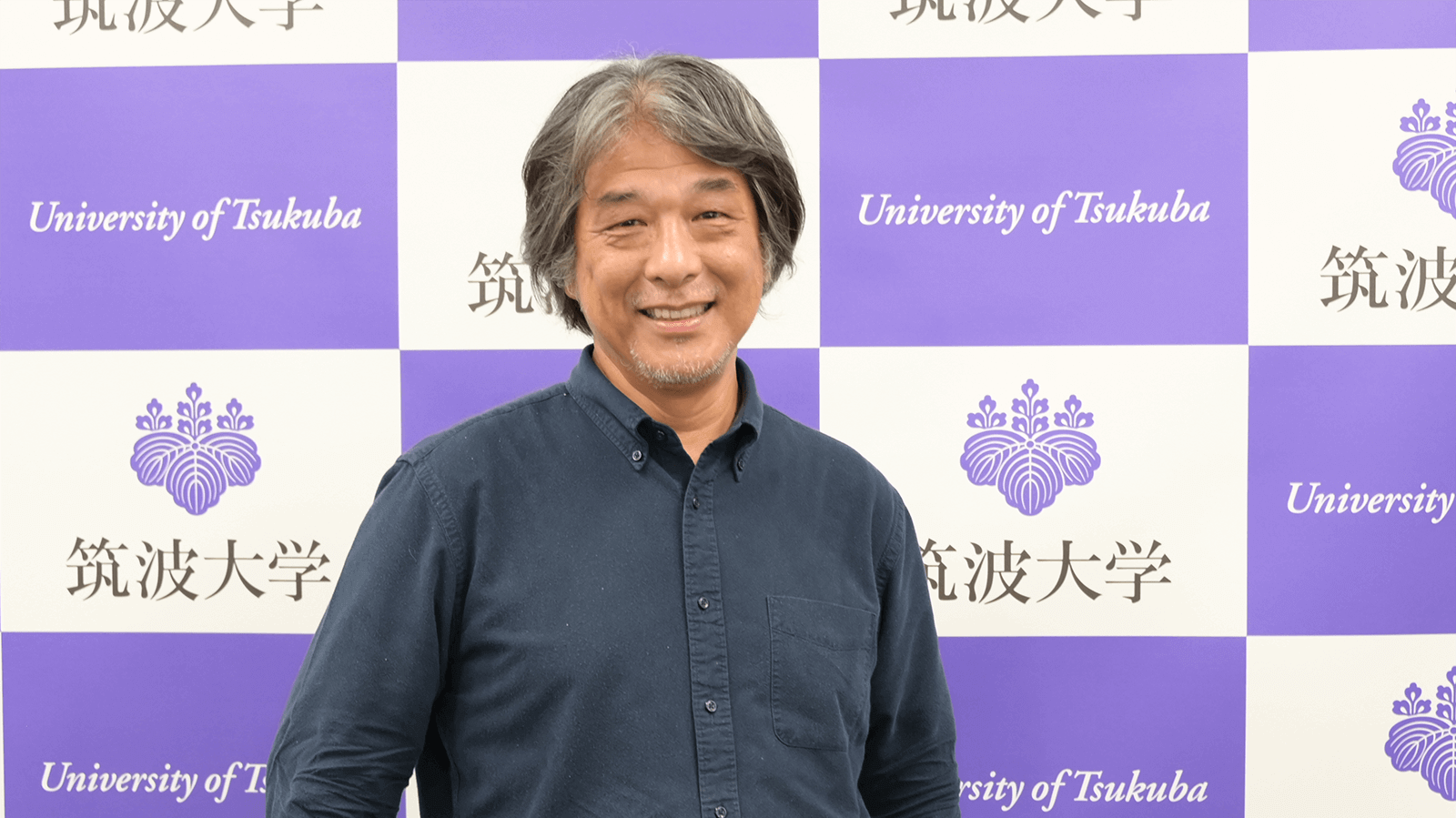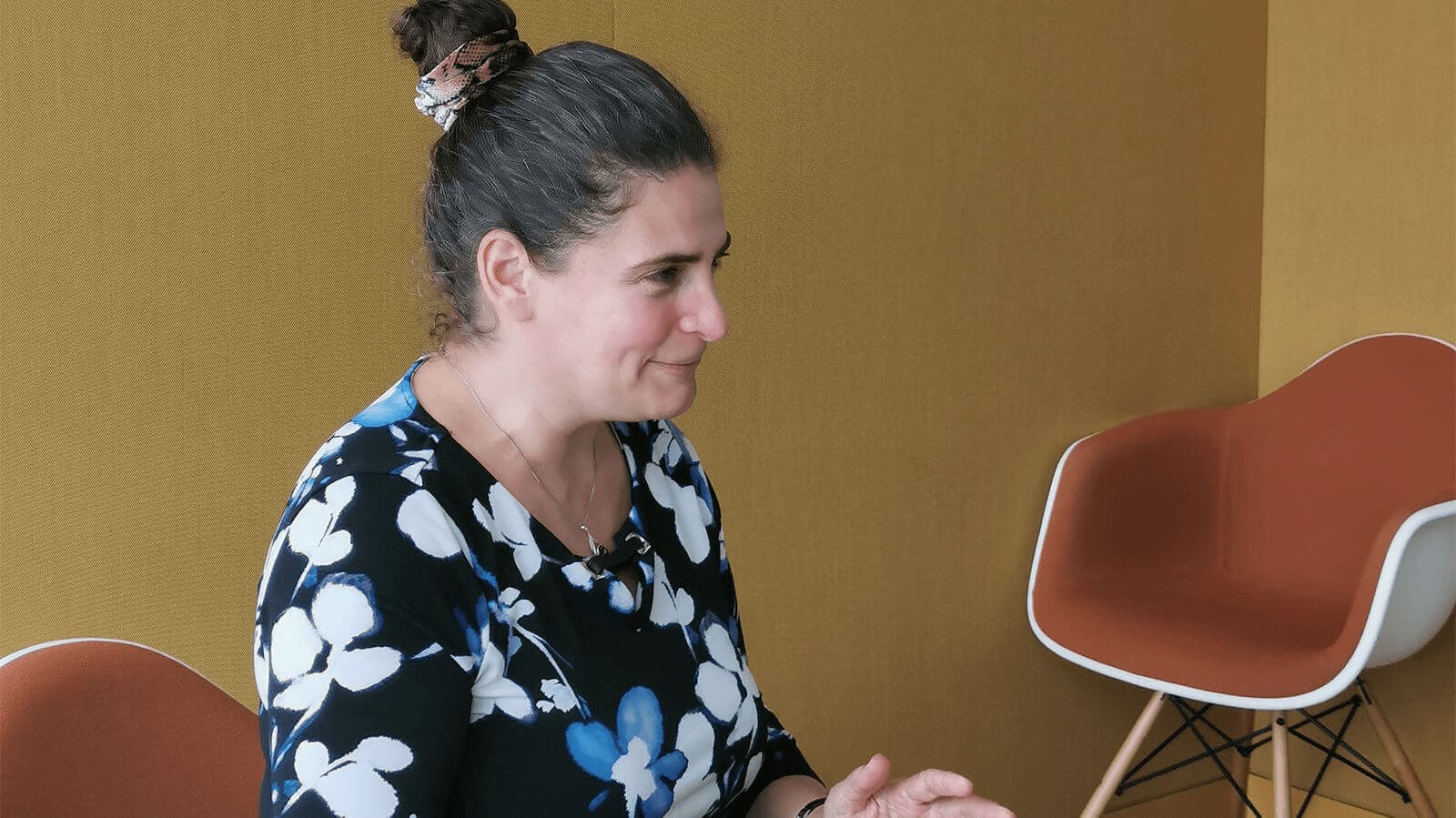Impact Case studies
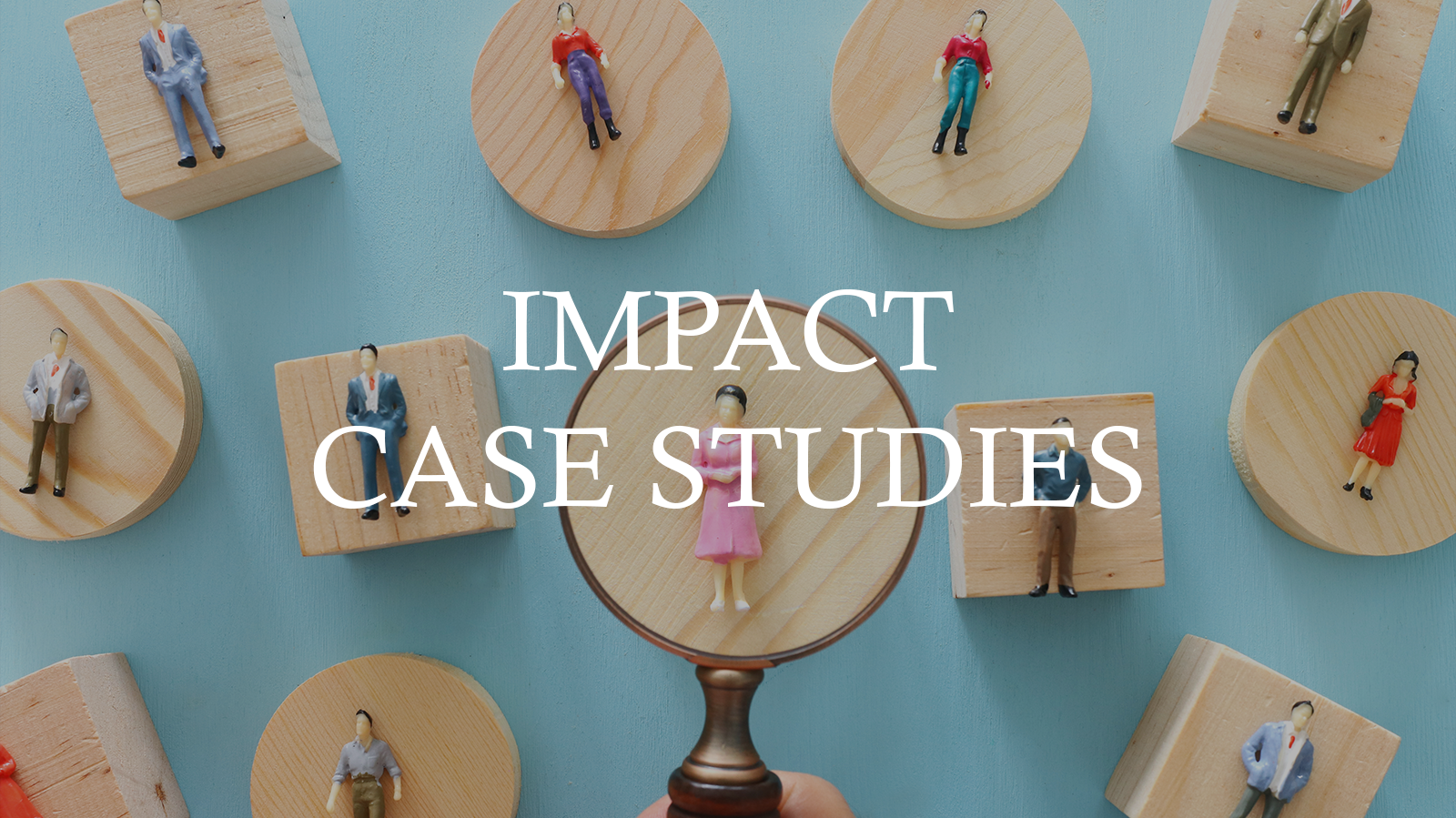
Case study1: Improving access to Mental health care in low- and middle-income countries (London School of Hygiene and Tropical Medicine)
Research summary
In low- and middle-income countries, more than 20% of all disability related to health conditions is caused by mental health problems. This study, carried out between 2000 and 2012, tried to achieve three things:
- Showing the burden of mental health problems in low- and middle-income countries. This was done by carrying out a systematic review of the burden of and cost effective treatments for mental disorders, a pan-India survey of suicide mortality, population-based surveys across 60 countries that examined the association of depression with other chronic conditions; studying the association of mental health issues with maternal and child health and chronic physical health conditions, and examining the cycle of disadvantage, social exclusion, and mental health problems.
- Showing that effective treatments can be provided in low-resource settings like India by non-specialist healthcare workers
- Showing the paucity and inequitable distribution of mental health research resources and outputs
Impact summary
The research had significant impact on several areas of mental health care.
- Policymaking – In 2008, thje WHO launched an action plan to scale up services for mental disorders. This led to a 2013 WHO resolution for a Comprehensive Mental Health Action Plan. In 2011, the Ministry of Health in India set up a group to write India’s first mental health policy and make recommendations for the scaling up of mental health care in the country.
- Coalition Groups – In 2008, the Movement for Global Mental Health was launched with the aim of improving services for people with mental disorders worldwide.
- Increased Resources – Associations like Grand Challenges Canada and the US National Institute of Mental Health have pledged over USD 15 million towards innovations and partnerships between researchers and policymakers to address mental health challenges.
- Agenda – International agencies like the World Federation for Mental Health have aligned their global agenda on the basis of the research evidence.
- Education – Several leading international universities like Duke and Harvard have set up teaching programs in global mental health.
Resource: https://impact.ref.ac.uk/casestudies/CaseStudy.aspx?Id=41456
Case study 2: Animal Protection: Ethics and Politics (University of Leicester)
Research summary
The use and treatment of animals in the provision of our food, clothing, and other raw materials, as well as in the areas of medical research, sport, and entertainment has invited public debate, with both sides making strong, passionate appeals for the continued use or the complete ban of animal use.
Professor Robert Garner’s research, since 1995, has sought to explore how adopting different positions within the animal ethics debate influences the treatment of animals. He particularly makes a distinction between animal welfare as a scientific endeavor and as an ethic. He also advocates a strategic position called Animal Protectionism or New Welfarism, which combines a consideration of ethics and political possibility. It seeks to counter those who claim that certain uses of animals, irrespective of how the animal is being treated, is illegitimate morally and should be abolished. Instead he recommends an approach where the animal does not suffer during its use and thus allows for the continued use of animals as a source of food and as subjects of scientific experiments.
Impact summary
Professor Robert Garner’s research has provided a springboard for political debate and decision making. It has facilitated debate that has brought about change in key areas of animal welfare such as the use of wild animals in circuses in the UK and whale hunting. His arguments compelled the Department for Environment, Food and Rural Affairs (DEFRA) in the UK to introduce a stringent new licensing scheme aimed to ensure the welfare of wild animals in circuses. The International Whaling Commission (IWC) has taken note of Professor Garner’s work and altered its conservation policy to improve the design of an important regulatory machinery for protecting the natural environment of whales.
His work has been disseminated through radio interviews, podcasts, newspaper articles, and other media. He has also given talks and lectures worldwide, which have been attended by activists and academics.
Professor has played an important role in the creation an development of the Centre for Animals and Social Justice, a think-thank created to focus on academic research and advocacy in animal protection public policy.
Resource: https://impact.ref.ac.uk/casestudies/CaseStudy.aspx?Id=40445
Case study 3: Equal human rights for same-sex couples and parents (King’s College London)
Research impact summary
Before the early 1990s, the legal situation for same-sex couples and parents in Europe, the USA, and Canada was grim. Same-sex couples could register their relationship only in Denmark, and discrimination against them was commonplace. In 1993, Professor Robert Wintemute started engaging in research on discrimination based on sexual orientation and legislation denying gay and lesbian individuals or same-sex couples the same rights as heterosexual individuals or married/unmarried different-sex couples.
Professor Wintemute developed a conceptual framework for analyzing such discrimination, which argued for international human rights treaties and national constitutions that allowed for such discrimination to be treated along the lines of discrimination based on race, religion, or sex. His research output is captured in works that are now considered key texts on the subject.
Impact summary
Professor Wintemuth’s research has contributed to campaigns for legal change and has influenced the development of human rights laws. He used his research to argue against such discrimination in international human rights courts.
He partnered with ILGA-Europe and, by doing so, facilitated an academic-NGO partnership by opening up a whole new field of activity, strategic litigation. He has contributed to 9 interventions submitted by ILGA-Europe to the European Court of Human Rights. These interventions have persuaded the Court to adopt anti-discrimination principles and the judgements passed serve as useful precedents for lawyers and NGOs around the world when seeking legal reforms from national legislatures and courts. Professor Wintemuth’s litigious efforts, with a strong foundation in his extensive research, has led to rulings that, for example, extend to unmarried same-sex couples the same rights as those given to unmarried different-sex couples; permit lesbian women, gay men, and same-sex couples to adopt children; and extend to same-sex couples the same alternatives to marriage that are created for different-sex couples.
Resource: https://impact.ref.ac.uk/casestudies/CaseStudy.aspx?Id=41247






